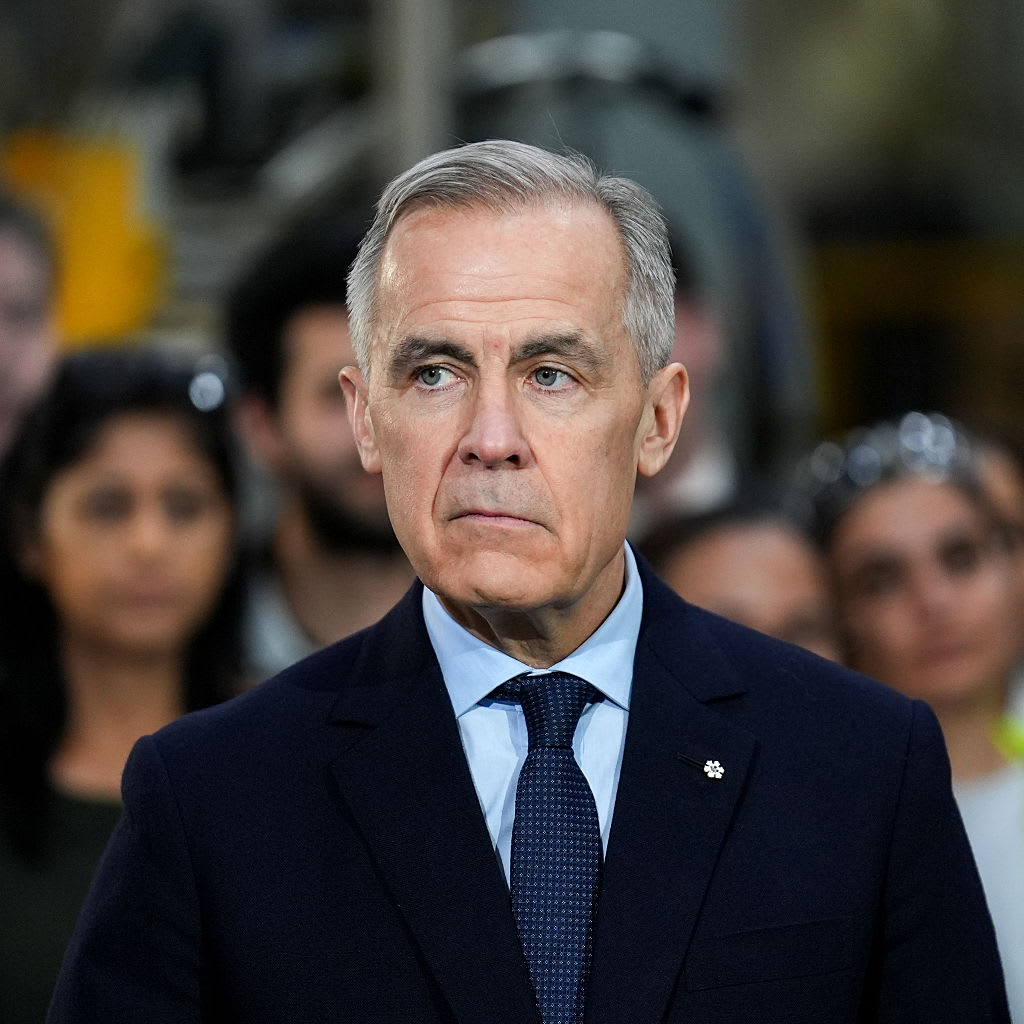Ford Motor loses $3.1 billion due to chip shortage and Rivian
Ford Motor said it lost $3.1 billion over the past three months and its revenue slid, in part because of a shortage of semiconductor chips which limited the number of pickups and SUVs available for sale in North America, but also as a result of its heavy investment in electric-vehicle startup Rivian.
Chief Financial Officer John Lawler pointed away from those losses, however, and said the company also made $2.3 billion in pretax profit.
"Clearly the demand for our new products is very strong," Lawler said. "We continue to have issues with supply of chips, which constrained us, and in particular here in North America, it hit us disproportionately on our large vehicles."
Semiconductors — often referred to as microchips or just chips — serve as the brain of modern electronic devices. In vehicles, semiconductors control everything from engine temperature to alerts that an oil change is needed.
The supply-chain issues caused by the coronavirus pandemic are the main reason for the chip shortage, according to the Semiconductor Industry Association. Sales of electronic devices soared when people began working from home, logging into telemedicine visits and attending remote learning from their laptops, while COVID-related absenteeism disrupted the supply chain at every point. The nation's limited inventory of semiconductors went largely to those devices at the expense of automobiles, the trade group has said.
The chip shortage has caused Ford and General Motors to close multiple North American factories for a week or two at a time, including plants that build popular full-size pickups. Automotive industry analysts say the shortage will mean fewer cars produced this year for Ford and other major manufacturers.
Ford said it sold 966,000 vehicles in the first quarter, down 9% from a year earlier.
Rivian falls short
Ford executives said the losses reported Wednesday were also weighed down by the plummeting value of its stake in electric-vehicle startup Rivian. The startup has not lived up to its potential, according to Daniel Ives, equity analyst for Wedbush Securities, who noted that the Irvine, California-based company missed its first-quarter earning projections amid a price hike debacle.
Rivian announced price hikes on its vehicles in March and then backtracked the move two days later following a backlash from angry customers who began cancelling their orders.
"To say the Rivian story has been disappointing to us and Wall Street so far would be an understatement," Ives said in a research note. Rivian might still be a major EV producer one day, "However, for that to happen they need to start delivering models to customers and stop the excuses," Ives said.
Ford also faced inflationary pressure from suppliers, Lawler said, but was able to recover with higher vehicles prices. The CEO said he couldn't rule out "additional pricing" if inflation continues to run high.
Ford's first-quarter loss of $3.1 billion compares with a profit of $3.2 billion in the same period last year. Revenue skidded 9% lower than a year ago, to $34.4 billion.



